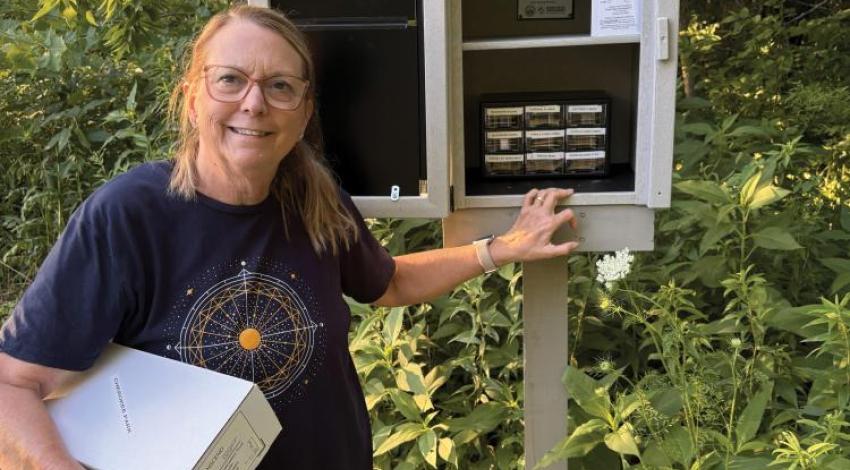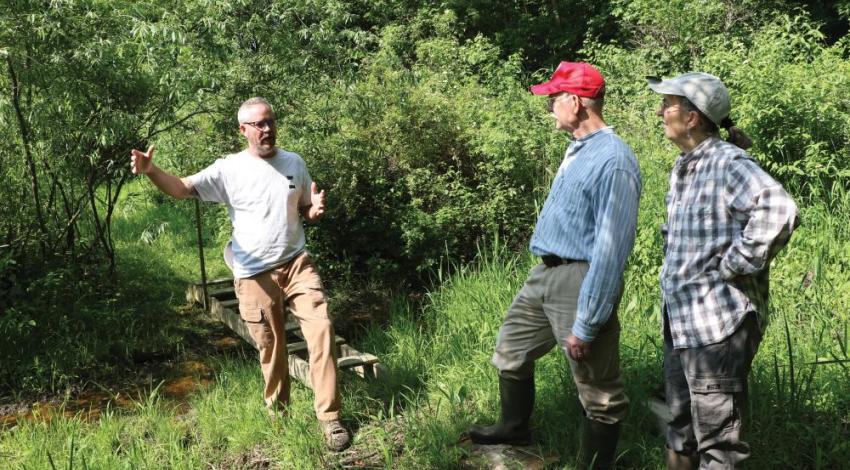Cooperative leaders get a chance to speak to their representatives, including Sen. Sherrod Brown (above) and Sen. Rob Portman, about important issues during the Legislative Conference each April.
The 2016 elections demonstrated the influence of rural voters — and, therefore, let elected officials know in no uncertain terms to pay attention to the needs of rural America.
While the National Rural Electric Cooperative Association has a team of government affairs professionals lobbying Congress every day, local cooperative leaders make an annual trek to Washington, D.C., every April so those federal policymakers hear directly from folks from their district or home state.
Co-ops from around the country send representatives to take part in the Legislative Conference, which this year wrapped up on May 1. Ohio’s electric cooperatives usually send about 65 trustees, CEOs, and key staff members as part of a full-court press that also includes appearances on such outlets as RFD-TV’s Market Day Report, to advocate for the policy positions that affect a co-op’s business and the service co-ops provide to their members.
“The Legislative Conference lets members of Congress put a face to the issues that they’ve been hearing about from our lobbying efforts,” says Marc Armstrong, government affairs director for Ohio’s Electric Cooperatives.
This year, the topics discussed have included tax policy, broadband funding, and the Rural Development Program.
Taxes
Cooperatives are tax exempt, according to the IRS — if more than 85 percent of a cooperative’s income comes from members paying their bills, the cooperative is exempt from federal income tax. A 2017 change in tax law threatens that exemption, however, for co-ops that receive funding from the Federal Emergency Management Agency (FEMA). Co-ops are asking to fix the law to preserve that status.
Broadband
Electric cooperatives provide power to many areas of Ohio that do not have adequate broadband connectivity. Access to reliable, high-speed internet is vital to maintaining quality education, operating a business, and most effectively managing a farm. Co-ops support broadband funding and policies that encourage rural broadband deployment.
Rural development
The United States Department of Agriculture’s Rural Development Program offers loans, grants, and loan guarantees to support electric, communications, and water infrastructure, as well as first-responder services and equipment. The program helps create jobs and supports economic expansion that is desperately needed in rural Ohio, so co-ops have asked their legislators to support the Rural Development Program and the services it provides.









